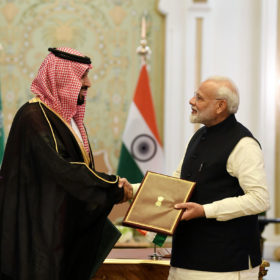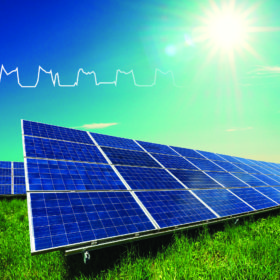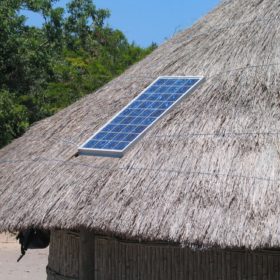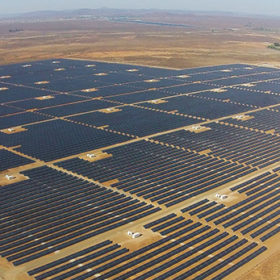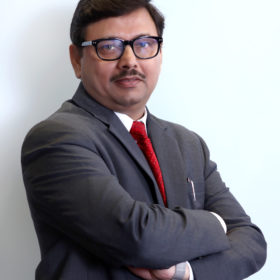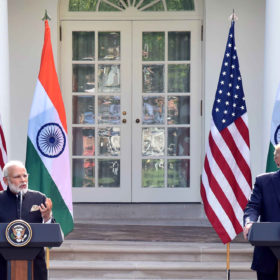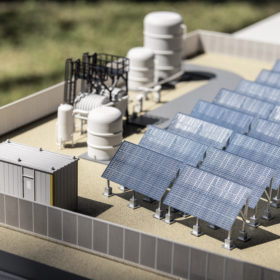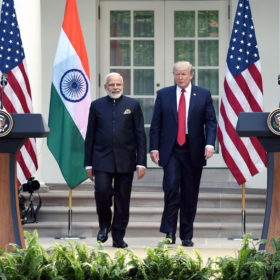Renewable energy MoU with Saudi Arabia gets cabinet nod
Project development and value chain localization are the focus areas for cooperation between the two countries.
DST calls for Indo-Israel joint research on solar energy and storage
December 5 is the last date to submit proposals for the joint research program on advanced materials for next-generation solar energy utilization and energy storage that will sponsor around 10 projects. The maximum funding available for all research projects approved is Rs40 million for the Indian side and 4,000,000 NIS for the Israeli side, for a period of two years.
Abu Dhabi’s Masdar invests $150 milion in Hero Future Energies
The clean tech company will use the amount to fund its expansion as it plans to reach 5 GW of solar capacity in the next two or three years.
Off-grid solar sector witnesses sales of 4.1 million products in six months
Industry body Gogla and the World Bank’s Lighting Global program said the last six months set a record for off-grid solar deployment. Solar home systems and other small off-grid appliances are being used in ever larger numbers.
Sterling & Wilson bags EPC order for 1.09 GW DC solar farm in Middle East
Worth around US$635 million, the latest award follows the EPC contract for a 200 MW DC solar farm in Australia amounting to AUD 220.83 million.
Proposals invited for joint Indo-Israeli R&D on solar and storage
The Department of Science & Technology, Government of India, and the Ministry of Science and Technology of State of Israel will fund joint research on advanced materials for next-generation solar energy utilization and energy storage. The deadline for the submission of proposals is December 5.
“Let’s compete on quality and innovation”: Vikram Solar CFO
With India losing major solar markets to stiffer competition from cheaper products, it’s high time to change the game by playing on quality and innovation—according to Vikram Solar Chief Financial Officer Rajendra Kumar Parakh, who spoke to pv magazine on the challenge of shrinking markets before Indian solar manufacturers.
India’s solar cell exports to USA lose preferential treatment
Having acted against Turkey, the Trump administration has removed India too from the list of nations exempt from import tariffs on solar cells and modules.
The long read: Saline solutions
By 2030, according to the United Nations nearly half of the world’s population will be living in water-stressed areas if no preventive actions are taken. Water reuse technologies and measures to reduce water usage can only serve as temporary relief for the upcoming water crisis. Jiajun Cen, CTO at Desolenator, lays out the case for solar powered desalination as a solution.
India could benefit as US applies Section 201 tariffs to Turkish modules
With Turkey now deemed too developed to qualify for exemption from import tariffs, the nascent Indian solar manufacturing sector is one of the few markets left whose cells and modules can be shipped to the U.S. free of tariffs.
